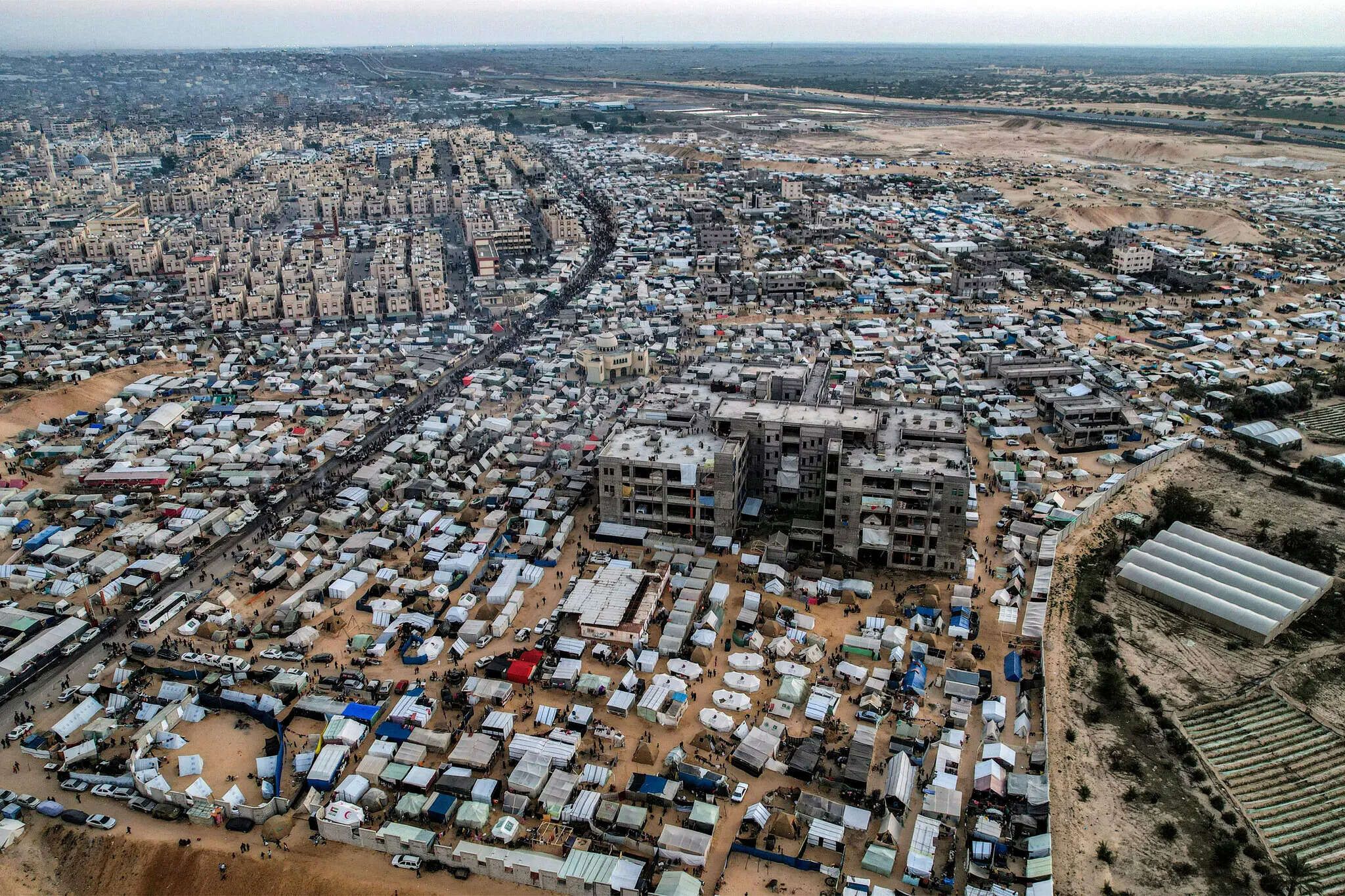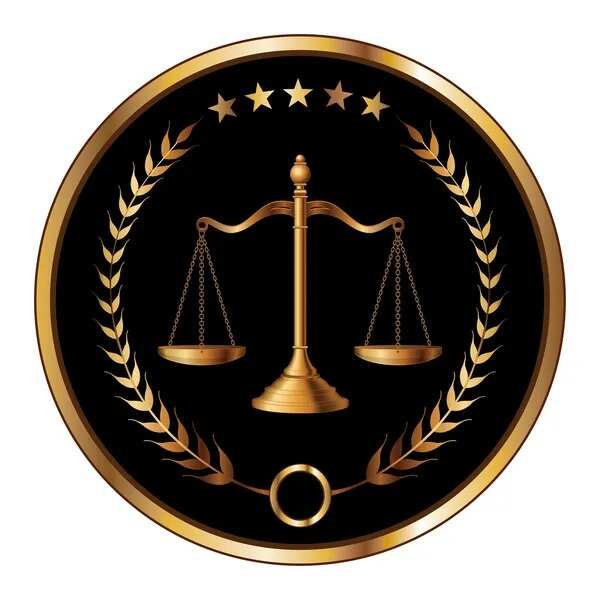Rafah under intense scrutiny: Israel bombards southern Gaza City amidst worldwide condemnation and International Court of Justice (ICJ) decision – Essential information
Rafah under intense scrutiny: Israel bombards southern Gaza City amidst worldwide condemnation and International Court of Justice (ICJ) decision – Essential information
May 28, 2024, 17:19 IST

Rafah under intense scrutiny: Israel bombards southern Gaza City amidst worldwide condemnation and International Court of Justice (ICJ) decision – Essential information
Rafah under intense scrutiny: Israel bombards southern Gaza City amidst worldwide condemnation and International Court of Justice (ICJ) decision – Essential information
Rafah, Gaza The ongoing hostilities between Israel and Hamas have entered a heightened and critical stage, with the city of Rafah in southern Gaza emerging as the most recent centre of military actions. The Israeli Defence Forces (IDF) have initiated a sequence of intense aerial attacks on Rafah, resulting in substantial devastation and an escalating number of casualties. The latest escalation has caused widespread international anger and received strong condemnation, which has coincided with a recent judgement by the International Court of Justice (ICJ) that has introduced a legal aspect to the continuing war.
Context of the Conflict
The enduring struggle between Israel and Hamas has had several instances of escalation, with Gaza often enduring the majority of the violence. Rafah, situated in the southernmost point of the Gaza Strip and next to Egypt, has strategic importance. The tunnels in this area have made it a focal point for smuggling supplies and weapons, resulting in it being a significant target for Israeli military operations.
The most recent intensification
The situation in Rafah has significantly worsened in the last several weeks. The Israeli bombings have specifically targeted infrastructure associated with Hamas, as identified by the IDF. This includes tunnels, facilities for storing weapons, and command centres. Nevertheless, these military attacks have also targeted residential neighbourhoods, resulting in significant casualties and the forced relocation of populations. The humanitarian situation is very grave, characterised by restricted availability of medical supplies, food, and clean water.
Worldwide anger and demonstrations
The escalation of military operations in Rafah has elicited considerable criticism from the international community. Demonstrations have spontaneously occurred in prominent urban centres throughout the globe, demanding an urgent cessation of hostilities and drawing attention to the difficult circumstances faced by Palestinian non-combatants. Israel has been accused by human rights organisations of using excessive force and perhaps committing war crimes. These organisations also criticise Hamas for launching rockets into Israeli territory, which poses a threat to the lives of both Israelis and Palestinians.
The ruling of the International Court of Justice (ICJ)
In the midst of the increasing bloodshed, the International Court of Justice delivered a verdict that has substantial consequences for the war. The International Court of Justice (ICJ) has determined that several activities carried out by Israel in Gaza may be regarded as breaches of international law, namely concerning the treatment of people and the destruction of civilian infrastructure. The verdict mandates an immediate cessation of acts that are considered unlawful according to international humanitarian law and requires both parties to actively pursue a peaceful conclusion.
Humanitarian Crisis
The attacks have worsened the already severe humanitarian catastrophe in Rafah. Numerous households have been forced to leave their homes, seeking safety in overpopulated educational institutions and temporary structures. Hospitals are now facing a significant challenge as they are inundated with a large number of patients and are finding it difficult to provide adequate treatment due to limited resources. International humanitarian organisations have requested immediate help, but the embargo and continuing conflicts impede the delivery of supplies.
Responses from the political sphere
From a political standpoint, the situation continues to be quite tense. The Israeli government asserts that its measures are vital for self-preservation and to counteract the dangers presented by Hamas. Conversely, Palestinian officials and several international players contend that the military operation in Rafah and other areas of Gaza is inflicting intolerable human distress and contravenes international standards.
Demands for an immediate cessation of hostilities
There is an increasing number of those advocating for an urgent cessation of hostilities. Current diplomatic initiatives are under progress, with the United Nations and many nations acting as mediators, in order to facilitate the engagement of both parties in negotiations. The likelihood of achieving a long-lasting peace, however, is dubious due to persistent grievances and mutual mistrust that continue to intensify the war.
In conclusion
The situation in Rafah serves as a clear and striking reminder of the significant toll on human lives resulting from the Israeli-Palestinian conflict. Amid global scrutiny, there is a pressing need for revitalised diplomatic endeavours to avert more casualties and tackle the underlying triggers of the war. The international community is now being challenged to demonstrate its capacity to facilitate a peaceful settlement and enforce responsibility for activities that contravene international law. Rafah has captured everyone's attention, since there is a collective desire for this unfortunate period to pave the way for a sincere and enduring peace.
Rafah, Gaza The ongoing hostilities between Israel and Hamas have entered a heightened and critical stage, with the city of Rafah in southern Gaza emerging as the most recent centre of military actions. The Israeli Defence Forces (IDF) have initiated a sequence of intense aerial attacks on Rafah, resulting in substantial devastation and an escalating number of casualties. The latest escalation has caused widespread international anger and received strong condemnation, which has coincided with a recent judgement by the International Court of Justice (ICJ) that has introduced a legal aspect to the continuing war.
Context of the Conflict
The enduring struggle between Israel and Hamas has had several instances of escalation, with Gaza often enduring the majority of the violence. Rafah, situated in the southernmost point of the Gaza Strip and next to Egypt, has strategic importance. The tunnels in this area have made it a focal point for smuggling supplies and weapons, resulting in it being a significant target for Israeli military operations.
The most recent intensification
The situation in Rafah has significantly worsened in the last several weeks. The Israeli bombings have specifically targeted infrastructure associated with Hamas, as identified by the IDF. This includes tunnels, facilities for storing weapons, and command centres. Nevertheless, these military attacks have also targeted residential neighbourhoods, resulting in significant casualties and the forced relocation of populations. The humanitarian situation is very grave, characterised by restricted availability of medical supplies, food, and clean water.
Worldwide anger and demonstrations
The escalation of military operations in Rafah has elicited considerable criticism from the international community. Demonstrations have spontaneously occurred in prominent urban centres throughout the globe, demanding an urgent cessation of hostilities and drawing attention to the difficult circumstances faced by Palestinian non-combatants. Israel has been accused by human rights organisations of using excessive force and perhaps committing war crimes. These organisations also criticise Hamas for launching rockets into Israeli territory, which poses a threat to the lives of both Israelis and Palestinians.
The ruling of the International Court of Justice (ICJ)
In the midst of the increasing bloodshed, the International Court of Justice delivered a verdict that has substantial consequences for the war. The International Court of Justice (ICJ) has determined that several activities carried out by Israel in Gaza may be regarded as breaches of international law, namely concerning the treatment of people and the destruction of civilian infrastructure. The verdict mandates an immediate cessation of acts that are considered unlawful according to international humanitarian law and requires both parties to actively pursue a peaceful conclusion.
Humanitarian Crisis
The attacks have worsened the already severe humanitarian catastrophe in Rafah. Numerous households have been forced to leave their homes, seeking safety in overpopulated educational institutions and temporary structures. Hospitals are now facing a significant challenge as they are inundated with a large number of patients and are finding it difficult to provide adequate treatment due to limited resources. International humanitarian organisations have requested immediate help, but the embargo and continuing conflicts impede the delivery of supplies.
Responses from the political sphere
From a political standpoint, the situation continues to be quite tense. The Israeli government asserts that its measures are vital for self-preservation and to counteract the dangers presented by Hamas. Conversely, Palestinian officials and several international players contend that the military operation in Rafah and other areas of Gaza is inflicting intolerable human distress and contravenes international standards.
Demands for an immediate cessation of hostilities
There is an increasing number of those advocating for an urgent cessation of hostilities. Current diplomatic initiatives are under progress, with the United Nations and many nations acting as mediators, in order to facilitate the engagement of both parties in negotiations. The likelihood of achieving a long-lasting peace, however, is dubious due to persistent grievances and mutual mistrust that continue to intensify the war.
In conclusion
The situation in Rafah serves as a clear and striking reminder of the significant toll on human lives resulting from the Israeli-Palestinian conflict. Amid global scrutiny, there is a pressing need for revitalised diplomatic endeavours to avert more casualties and tackle the underlying triggers of the war. The international community is now being challenged to demonstrate its capacity to facilitate a peaceful settlement and enforce responsibility for activities that contravene international law. Rafah has captured everyone's attention, since there is a collective desire for this unfortunate period to pave the way for a sincere and enduring peace.
